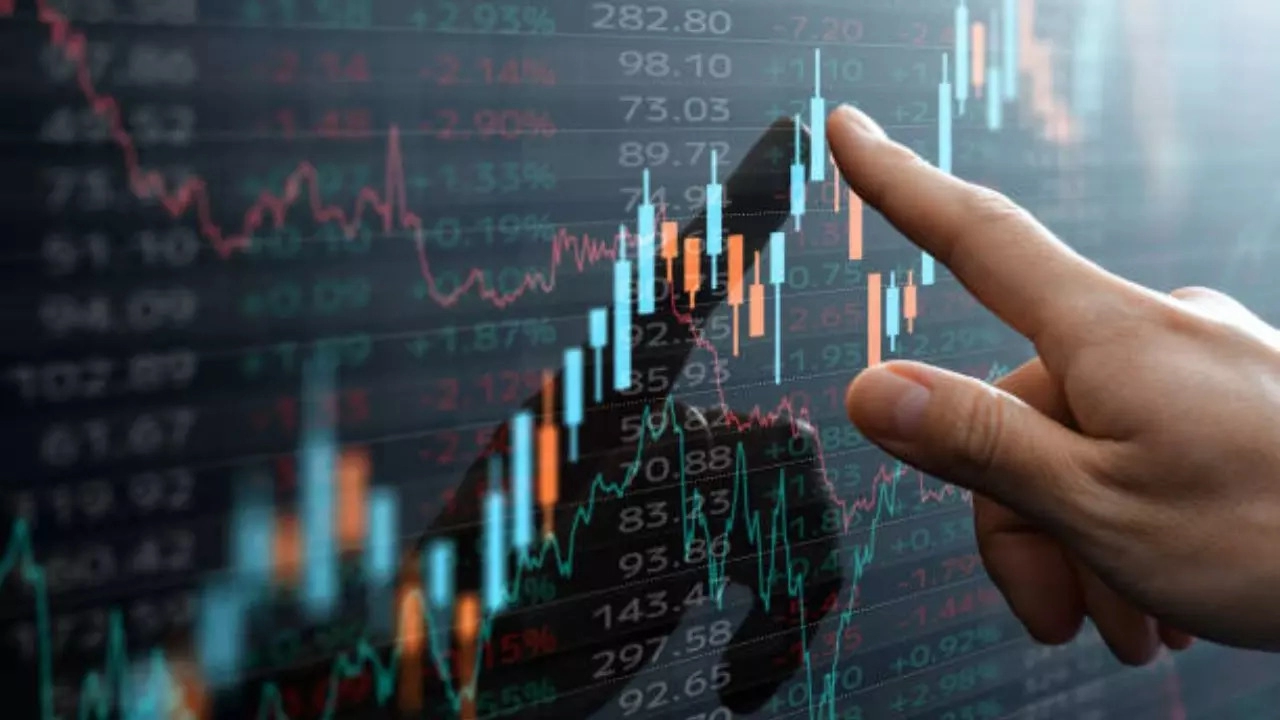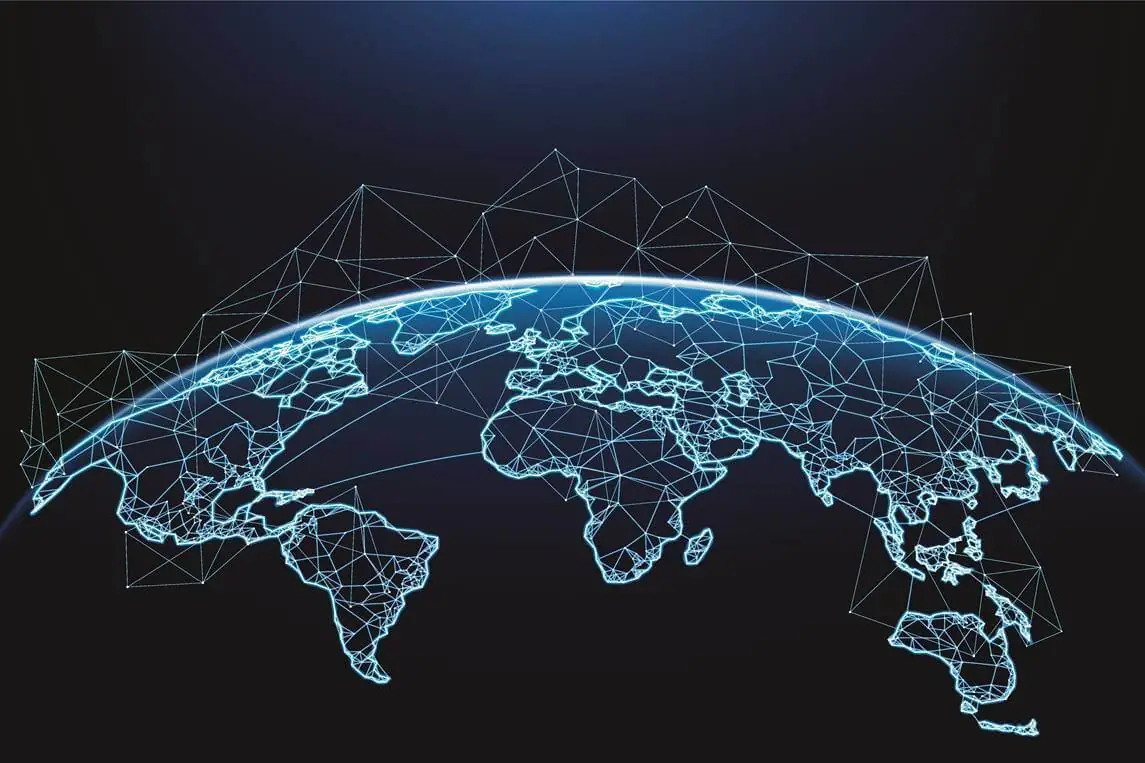Xinhua News Agency/Getty, Tyler Le/BI
The strongest tie between the US and China is unraveling.
For decades, Wall Street and corporate America have chased the promise of the ascendant Chinese consumer. As regular Chinese households got richer, there was money to be made selling them everything from fried chicken to Fendi. US companies like Starbucks, Apple, and Nike jumped in to gobble up market share. Sure, there were some boycotts and busts, but the trend line for returns was up and to the right. And as long as the Chinese consumer’s glorious rise was as inevitable as the Chinese Communist Party claimed, gains would multiply. That was the story. It was gospel. But now it’s falling apart.
The once-flowering Chinese consumer is languishing. US companies are losing market share to China-based rivals. Beset by political and economic forces, American brands can no longer count on China for growth. That changes the risk calculus. Why invest heavily in a market that’s boxing you out? Without the promise of profits, American firms are also becoming less willing to go to bat for China — to reinforce the idea that China’s market is crucial to the success of their futures. Beijing is finding itself increasingly friendless in Washington — and the weight of the US-China relationship is shifting from constructing mutually beneficial economic ties to balancing antagonistic national security interests. Rather than try to resurrect the Chinese consumer and, by extension, reestablish critical economic ties with America, though, its leader, Xi Jinping, doesn’t seem to care.
“Xi doesn’t wake up every day, look at the economy, and panic,” Lee Miller, the founder of the survey firm China Beige Book told me. “He thinks they’re doing what they need to do, and it’s painful medicine.”
What China needs to do, in Xi’s mind, is make itself indestructible and indispensable. That means supporting state-owned enterprises and other domestic firms, giving them a leg up in the market as they compete against foreign firms for a piece of China’s shrinking economic pie. It means getting the rest of the world addicted to China’s products — not just cheap manufactured goods but also advanced technology like semiconductors, batteries, and AI and the commodities that make up the downstream of its supply chain, such as gallium and germanium. Self-sufficiency for me, but not for thee. It is a strategy so imbalanced that it dares the rest of the world to do something about it. And it does not include Chinese people getting hooked on frappuccinos made by an American company.
Part of the peace between China and the US has been the notion that we can do business with one another even though we don’t share the same values. The US strives to be an open society; China is increasingly closed. We may butt heads in the South China Sea, over Taiwan, over resources across the globe, but it was money that kept us together. Without access to the Chinese consumer, US stakeholders have less reason to see China as a market and more reason to see it as a menace.
No demand
After pandemic lockdowns ended in 2023, the Chinese economy experienced what is known on Wall Street as a “dead cat bounce.” Picture a dead cat being dropped: It may rebound off the ground a bit, but after that, it’s going nowhere. Similarly, China’s decimated economy got a bit of a pickup once COVID restrictions ended in 2023, but a year later, things look bleak. Beijing’s 5% GDP growth target — once seen as a slam dunk — is now openly in doubt. Debt in the property market is still dragging the economy down, and the government’s bets on an export boom don’t seem to be paying off. Prolonged deflation erodes the value of China’s currency and ultimately means it has to sell more exports to make the same amount of money. Unemployment for Chinese young people between the ages of 16 and 24 spiked to 17.1% in July, forcing a new class of (often) overeducated graduates to compete for low-wage jobs. They’re being called “rotten tail kids.” Brutal.
In previous downturns, the Chinese Communist Party reacted by shooting the money gun — spending on infrastructure, housing, and keeping people employed. This kept the wheels turning, but each turn left the country with a larger pile of debt. There is only one way to get off a ride like this, and it’s a painful period of paying down debt that can obliterate demand in an economy. Xi has decided to put down the money gun without doing anything to aid average Chinese households as the economy shrinks. Xi told party members in July to show “unwavering faith” in his grand economic strategy, but he has paid them in dust. Earlier this month, in an unusual divergence from Xi’s policy, the former head of the People’s Bank of China, Yi Gang, said that the government should engage in some kind of stimulus to reach its already-softened growth targets. The inflation that does exist in the economy, as the Carnegie Endowment fellow Michael Pettis noted, is being driven by higher food prices due to shortages — hardly a sign that things could be turning around.
What money Chinese consumers are still able to spend is increasingly going to companies that grew up in their home country.
American companies have been feeling this burn. At the beginning of this year, China’s Apple iPhone sales fell 24%, and they’ve been trending down ever since. Starbucks, which has more than 7,300 stores in China, saw comparable store sales — revenue generated by a retail location relative to its performance in the past — fall 14% in the second quarter. Nike’s China woes have contributed to its year-to-date nearly 30% stock slump. Foreign car companies are getting crushed, too. Tesla — yes, even Tesla — saw its share of the Chinese electric-vehicle market decline from 9% to 6.5% in the first seven months of the year. In response to the reports, CEO Elon Musk said: “Believing the news is silly. Our Shanghai factory is running at max capacity.” In other words: not no. In a recent US-China Business Council member survey, China’s economic growth came in as American companies’ second-biggest concern about the country — a “real constraint that was somewhat unthinkable only a few years ago.” The council said that a quarter of its members cited “insufficient demand or overcapacity as the No. 1 constraint on profitability this year.”
What money Chinese consumers are still able to spend is increasingly going to companies that grew up in their home country. Domestic Chinese phone makers are eating Apple’s lunch, with Huawei’s smartphone sales surging 70% in the first three months of the year. Starbucks opened its first China store in 1999 and used to be seen as a status symbol, but now it has stiffer competition from Chinese brands like Luckin and Cotti Coffee. This is no accident; it’s part of Xi’s plan to rid China of foreign dependence and influence. In the US-China Business Council survey, 80% of respondents said that “China’s industrial policies are strengthening companies that were previously uncompetitive,” and competition from Chinese rivals came in as the third-highest concern about doing business there. Yes, US companies are still making money in China. But it’s increasingly uncomfortable, and the Magic 8 Ball says the outlook is not good.
Ya gotta have friends (in Washington)
America’s elite financial firms will still publicly tell you they expect to keep investing in China even though the investment-banking business in the country has, as JPMorgan CEO Jamie Dimon recently said, “fallen off a cliff.” Behind closed doors, however, Wall Street power players are singing a much different tune. It’s not just the pressure from the economy — it’s also the political climate. It’s hard to do business in a country where data and people keep disappearing. Wall Street’s change of attitude is reflected in the flow of money into China: Foreign direct investment is at a 30-year low, and from June to (as best we can tell) early August, investors pulled $12 billion from China’s stock market. This could make 2024 China’s first year of equity outflows. But we won’t know for sure because, given the equity dumping, China decided last month to stop publishing data showing net investment flows from foreign funds into mainland stocks.
The declining Sino-Wall Street links are of particular note, not because I think the people of Shanghai and Beijing will miss drinking Moutai with Goldman Sachs bankers but because Wall Street is a powerful ally in Washington. They arrange meetings between stakeholders and talk up the benefits of the cross-Pacific relationship. Once upon a time, Ray Dalio, the founder of Bridgewater Associates, the biggest hedge fund in the world, would tell anyone — global politicians, investors, anyone who read one of his many books or blog posts — about China’s bright future. Now he’s telling everyone he’s minimizing his exposure to the country and that there will be no “beautiful deleveraging” for China. This is the last thing Beijing needs seeping into the minds of US policymakers. One former East Asia State Department official told me China is sending CCP delegations to DC like mad, but no one will meet with them. Without allies, Washington is a lonely (or hostile) place for foreign governments, especially when those foreign governments have crafted an economic strategy that can potentially disadvantage our economy.
“We’re heading into another trade war no matter who is president,” Miller told me. “The economic model Xi wants is not compatible with the rest of the world. The mindset is to look at it from a national security perspective rather than an economic perspective.”
There are distinctions between what a President Kamala Harris and a President Donald Trump would mean for that trade war, though. Harris’ camp would pursue a more incremental strategy, targeted toward protecting industries tied to tech and national security, and more in concert with our allies — a group the CCP has begun pejoratively calling “US-West.” It’s an attempt to paint the US as dragging its allies along with our trade policies kicking and screaming. Trump would create more chaos and disunity between the US and its allies, which serves Beijing in the trade wars. However, he’ll likely surround himself with China advisors who are much more aggressive and have a wider array of opinions on how to attack the Chinese economy — a bull in a china shop strategy, if you will. For Beijing, the problem is that this fractious group will be more likely to trip over its red line: Taiwan — and Trump lacks the attention span and temperament to stop them. The CCP has a plan for how to deal with a trade war, a kinetic war over Taiwan is much more worrisome for them and the entire planet.
Putting national security, rather than economic cooperation, at the center of the US-China relationship centers it in a space where the two great economic powers are antagonistic.
White House aside, Beijing has a blind spot here. The former State Department official told me that CCP officials don’t fully understand the amount of power Congress wields. And Congress has become stridently anti-China. Even the Republicans on the House Financial Services Committee — once willing to let Wall Street invest freely in the Chinese economy — cannot agree about how stringent to make limitations on investing there. Some want to go hard; others want to go harder. The bipartisan House Select Committee on China has no problem firing warning shots at some of China’s last corporate allies, the semiconductor companies. China’s own attempts to develop a domestic-chip supply chain still lag behind the state of the art, so it needs US companies like Broadcom and Nvidia. Those companies, in turn, love the billions they make in China. But in a series of tweets, the Select Committee urged the Biden administration to ignore semiconductor lobbyists working in Washington.
“We urge the Biden Administration to maintain the strong export controls put in place in October 2022,” it said. “Weakening these measures would raise serious concerns about safeguarding U.S. technological leadership and our national security.”
“If these [semiconductor] CEOs believe that current US export control policy is bad for the US economy and our national security,” it continued, “then they must make that case publicly, perhaps before a congressional committee.”
Miller told me that a tech decoupling between the US and China isn’t a problem for Congress anymore — it’s a goal. “A lot of this is talking to US companies who have a big share in China and are saying, ‘You can’t do this to us,'” he said. “Well, guess what? There are tradeoffs. Right now, we’re not paying a high enough price for the right policy.”
The price of this shift cannot be quantified in corporate profits. It cannot be quantified in dollars at all. Cordell Hull, the US Secretary of State from 1933 to 1944 and recipient of the Nobel Peace Prize, once said, “Unhampered trade dovetailed with peace; high tariffs, trade barriers, and unfair competition with war.” Putting national security, rather than economic cooperation, at the center of the US-China relationship centers it in a space where the two great economic powers are antagonistic. It gives corporations, already under financial pressure as China’s economy declines, even less reason to act as interlocutors encouraging stability between Washington and Beijing. It leaves us living in a more precarious world.
Linette Lopez is a senior correspondent at Business Insider.








